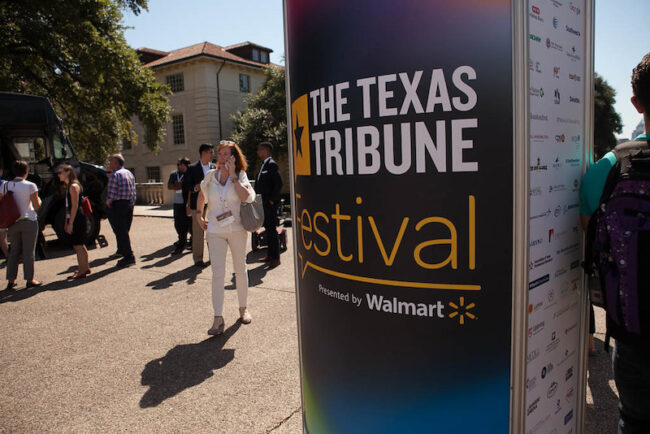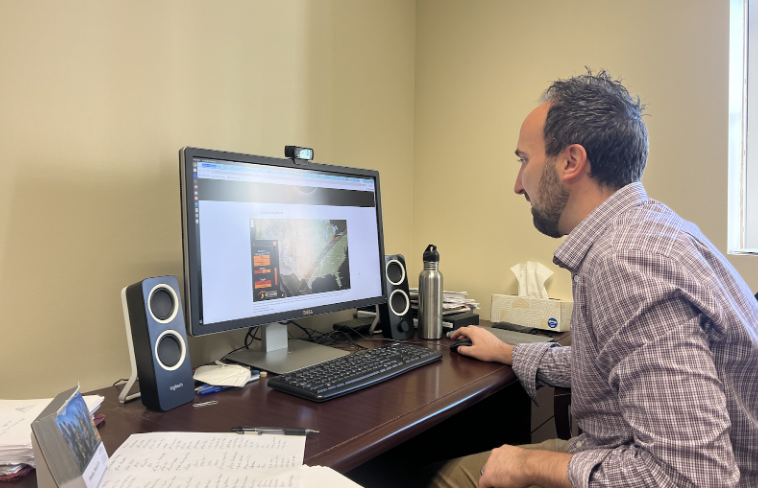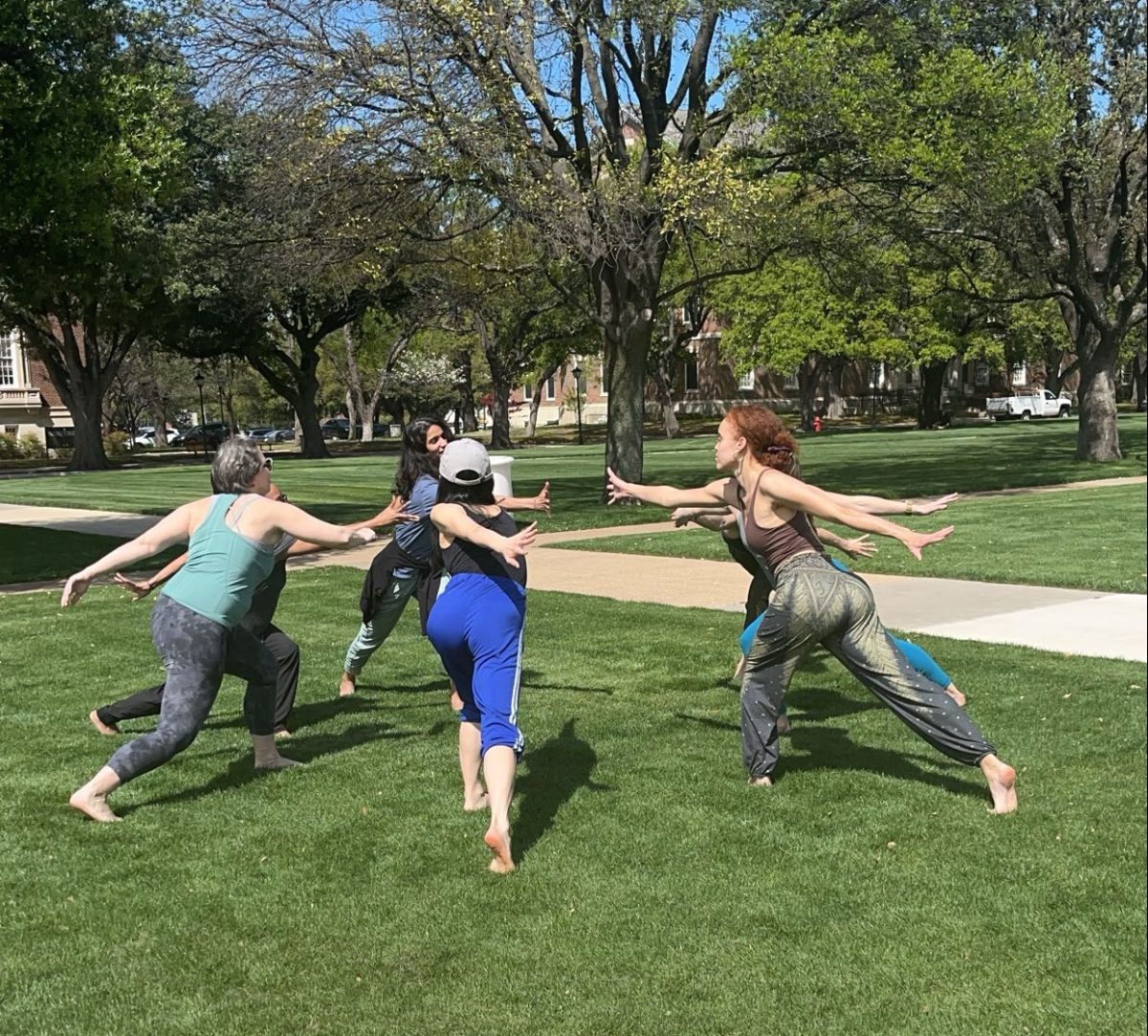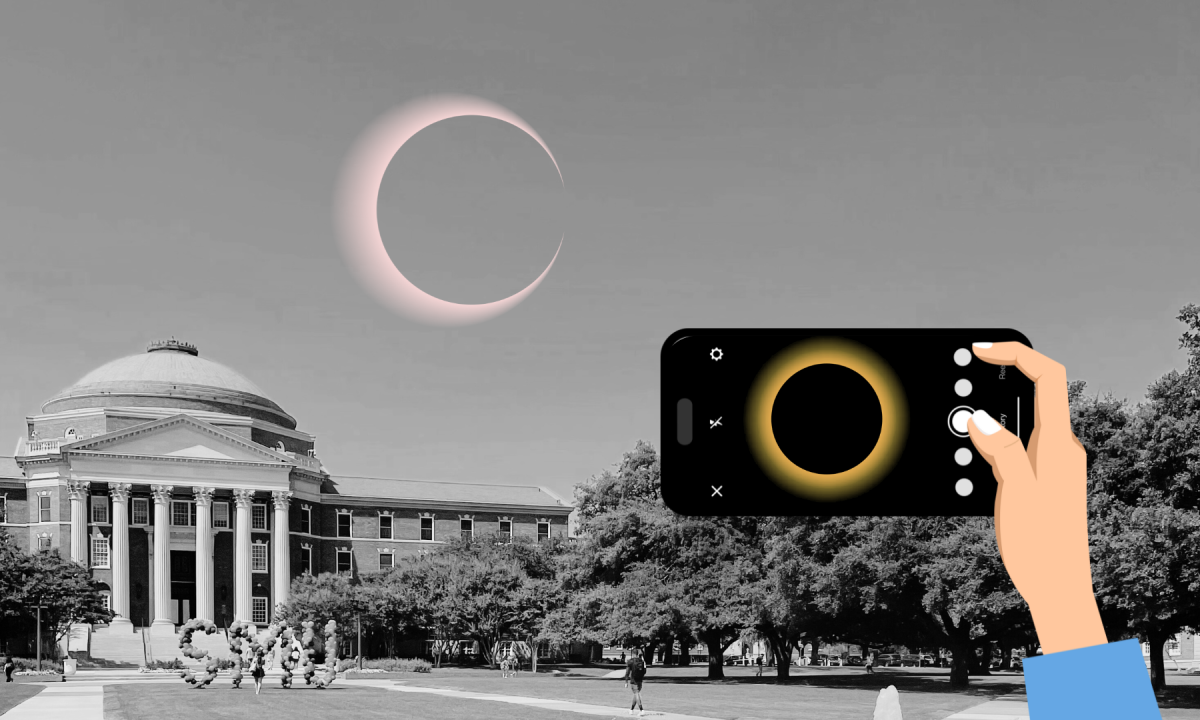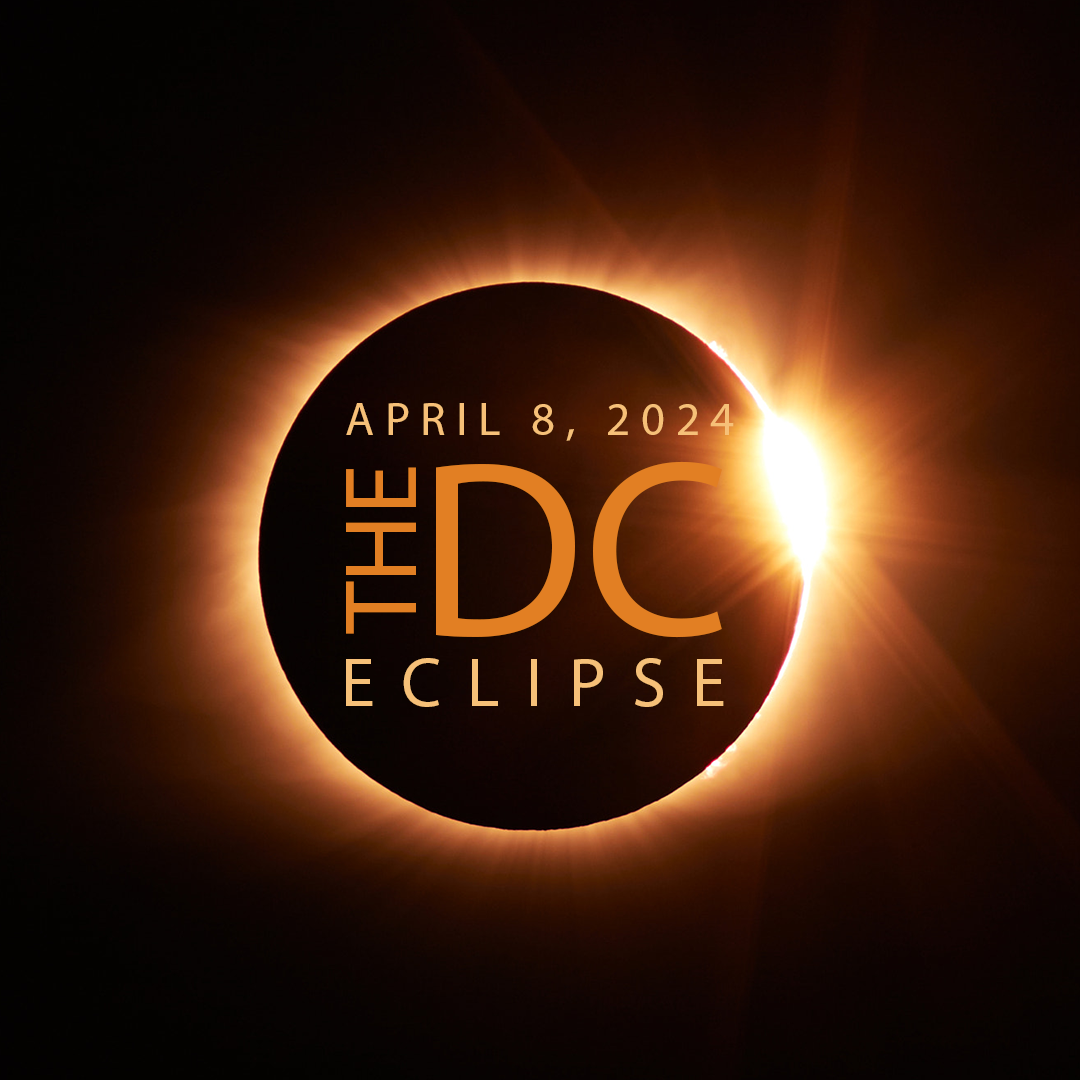The Texas Tribune’s annual Texas Tribune Festival (TribFest) is set to begin next Monday Sept. 20 through Saturday, Sept. 25. This year’s TribFest will be virtual and features an abundance of nationally recognized speakers like Pete Buttigieg, Karl Rove, Beto O’Rourke, Senator John Cornyn, and many more.
The annual, multiday festival brings together nationally recognized names to discuss the most pressing social and political issues. In a year of coronavirus, political turmoil, racial reckoning and – somehow – much more, TribFest 2021 will feature especially compelling programming.
General admission tickets to TribFest are generally $199, but students can register online at a discounted rate of $49.
The Daily Campus spoke to Texas Tribune CEO Evan Smith about what makes this year’s TribFest special and what the newsroom hopes to accomplish with its panels. The conversation has been edited for length and clarity.
Q: How will the passage of the recent Texas abortion laws figure into this year’s conversations?
We view our events as journalism, and the thing about journalism is that you’ve got to pivot and react to other news. In the case of the festival, we put a program together on the basis of what was the news at the time or what we could anticipate would be the news.
We have made accommodations to the program to involve subjects that have become much more pressing. Back when we developed the program, we had not imagined that Afghanistan would be a story; we have since added Congressman Adam Kinzinger as a speaker, who is a veteran of Afghanistan.
It’s an example of how we try to react to moments in the news. But, you know, if we’re doing our jobs correctly, we ought to have a program that, on the day the festival begins, is reflective of everything important that people are talking about. It’s never the thing that you’d exactly like it to be 100%, but you try to get as close as possible, and I think this program is pretty darn good considering everything going on in the world.
The amazing thing that you’re reminded of year after year is that Texas is the center of the news universe – in ways that are both good and terrible –often at the same time. You can’t pick up a newspaper or turn on the television without seeing Texas at the center of every conversation. And that’s one of the reasons why we love doing this event, and why there’s a Texas Tribune to begin with.
Q: Media has become very politicized – especially to people outside of the media. So how do you get people like Karl Rove and John Cornyn to agree to come to these events and speak when, often, they’re mostly appearing on Fox News and other outlets that are more conservative?
You know, this is the challenge every single year: How does TribFest not become Lib-fest? Both in reality and, more importantly, in perception. Media has become polarized and some of those people who agreed readily to speak in the festival’s first, second and third year will not speak now – or will always find a convenient excuse to not speak. Fun fact: Governor Abbott has never spoken as governor at this event.
This is a very diverse program in a lot of ways –in terms of ideology, gender, race and ethnicity, geography, and subject matter. The audience is really engaged – it’s among the most politically engaged audience that people will be in front of all year long. People are given an opportunity to talk and to listen, and hopefully people in the audience are having their points of view challenged and confronted.
For me, one of the goals of this festival is to have people come thinking that they believe X, and listen to a bunch of speakers who they don’t agree with and go away thinking, “Well, you know what? Maybe I don’t think X,” or “Maybe I shouldn’t think X.”
This festival is like our journalism: about providing facts and inputs. Not telling people what to think, but absolutely telling them to think. And whether it’s Karl Rove and John Cornyn on one side of the spectrum, or Amy Klobuchar and Beto O’Rourke on the other side, we have something for everybody. And everybody has something that they can take away from every single one of these conversations.
Q: You mentioned earlier how Texas is at the center of the news universe. What role do you think TribFest plays in shaping how people from outside of Texas view the state?
When I pitched the concept of the festival in 2009 to Bill Powers, the late president of the University of Texas, I said to him, “I want us to bring the world to Texas and Texas to the world.”
I want to expose people not from Texas to everything about Texas – good, bad, and in between. I want them to come away with more than just a surface or stereotyped sense of what Texas is, and what people in Texas care about and who they are.
But, I also want Texas to have a better sense of what’s out there in the world, because Texas tends to be pretty insular. We tend to think, as a state, we have it all figured out, and we’re not quite as interested in what people are doing in other places. I want people from around the country to talk about the things that they’re doing and what we can potentially learn from that. So that’s really the goal, as it was on that very first day of conversation with President Powers: To bring Texas to the world, and the world to Texas.
Q: With the festival being virtual this year, how do you maintain the vibe and environment of TribFest?
Obviously, you can’t replicate the experience of being with somebody in person. You just can’t. I think if you attempt to, you’re going to fall short. I think the best thing you can do is just good programming – it’s 95% of the battle. And you’ve got to get great speakers, really terrific panel discussions, one-on-one interviews, and great conversations. That does most of the work for you.
And then you have to create a pretty seamless user experience online, which is hard. We know much more about how to do that today than we did a year ago, so that people don’t get online and think to themselves, “This is too much. I can’t do this.”
A bunch of the people who have come to The Tribune’s events over the years are people like my mom, in her late 70s. It should be easy enough for my mom to use the interface. We spend a lot of time on the backend because we want to be sure that it’s sophisticated enough to present an elevated experience, but at the same time it’s not so complicated that people can’t use it.
Q: So much has happened in the past year, how do you decide what to include and what not to include?
The goal is to include as much as possible, because you don’t want to leave any big subject out. The fact is, over the last 18 months we’ve experienced a public health emergency, an economic downturn, and a reckoning over race that, honestly, was going on already. We had the election, we had the insurrection, we had the winter storm, and we’ve now had the resurgence of the pandemic.
These are once-in-a-lifetime crises that, if you’re in the news business, you may be “fortunate” enough to cover one of in your career. And we had them all back to back to back– stacked up like planes at Love Field. For me, the mistake here would be to assume, “Well, no one’s really talking about X or Y anymore because that was 12 months ago.”
No, you’ve got to really take measure of all the things that are out there as potential news moments and you’ve got to cover as many of those on the program as you can. When Woody Allen was an acceptable reference as a film director, I used to quote or paraphrase something he said once about editing movies, and he said, “It’s very, very hard to edit a movie, but once you edit it, you never miss it.”
The need to be judicious about what you include and what you don’t include forces you to make the hard choices, and ultimately you produce the best product. I think that’s the case for the festival program as well. You could always do more, but forcing yourself to say, “Do I really need this?” you end up with a very lean program for which there’s excitement across every single session, and I think that’s where we are, again, hopefully this year.








